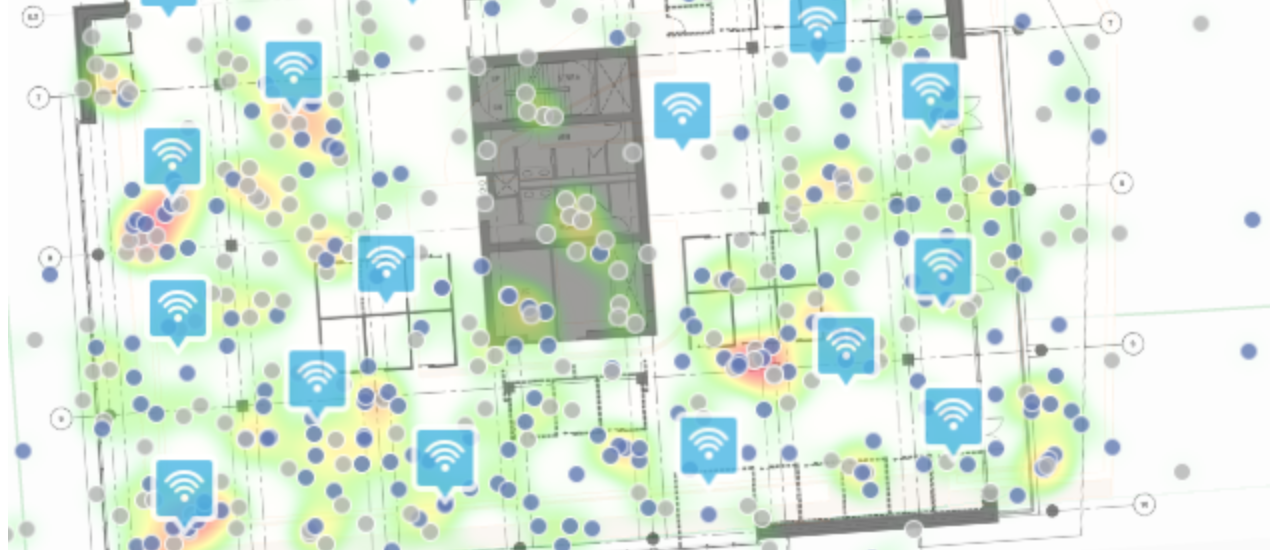Free public Wi-Fi is a popular service for retail, events and hospitality providers to offer, and increasingly becoming an expected service among the public.
This needs careful thought: not least technical considerations like how to keep public networks isolated from work networks, and providing strong enough connectivity to support the user environment.
But most importantly: how should a businesses or organisation to gain value back from providing free Wi-Fi? We take a closer look at some of the best techniques.
Authentication & Audience Participation
Most public Wi-Fi networks expect connecting users to ‘authenticate’ by providing details such as their email address or name, and often accepting some terms and conditions of use.
This can be a fantastic marketing opportunity to gather email subscribers, demographic data, survey product popularity, or simply count customers.
Alternatively, commercial quality systems like Cisco Meraki also offer hidden gems like Facebook Authentication – in which the user has to ‘Like’ the business brand or page to gain access. This kind of authentication is superb way of increasing your visibility online by leveraging value from public Wi-Fi – effectively asking the public to become your marketeers via social media.
Physical signage and other real-world marketing can also encourage visitors to share their experience of your venue or event online while their complimentary connectivity is available.
Targeted Advertising
‘Splash’ Pages loaded on the User’s device when they first connect are customisable on many business Wi-Fi platforms, and this creates a perfect opportunity to brand the experience.
Treating this like a regular webpage offers the chance to advertise offers that are time-sensitive, updated seasonally, or promoting key products.
Alternatively, if your audience is large or targeted enough, then this space can be treated like digital real-estate, and sold on as advertising space to others looking to reach an audience.
Footfall Mapping
By combining signal strengths from different access points and triangulating the direction, enterprise systems like Meraki are able to produce animated ‘heatmaps’ of footfall around a site or venue over time.
This is valuable information it itself for public-spaces and retail centres – who rely on being able to control or exploit human travel to maximise sales, minimise costs or optimise the flow of people.
Prompt for Reviews
You’ll never get a more geographically targeted audience than this – so why not ask the key question when it counts?
To online brands in particular, digital reviews are worth serious investment, and smartphone connections direct with the customer is a perfect opportunity to prompt via the web for useful feedback or survey customer satisfaction.
Alternatively ask publicly: and gather Google Reviews, Facebook Ratings, Trustpilot Stars, or any other feedback that is of value to your organisation en masse.
For Wi-Fi guidance and networking expertise, please contact our team today



